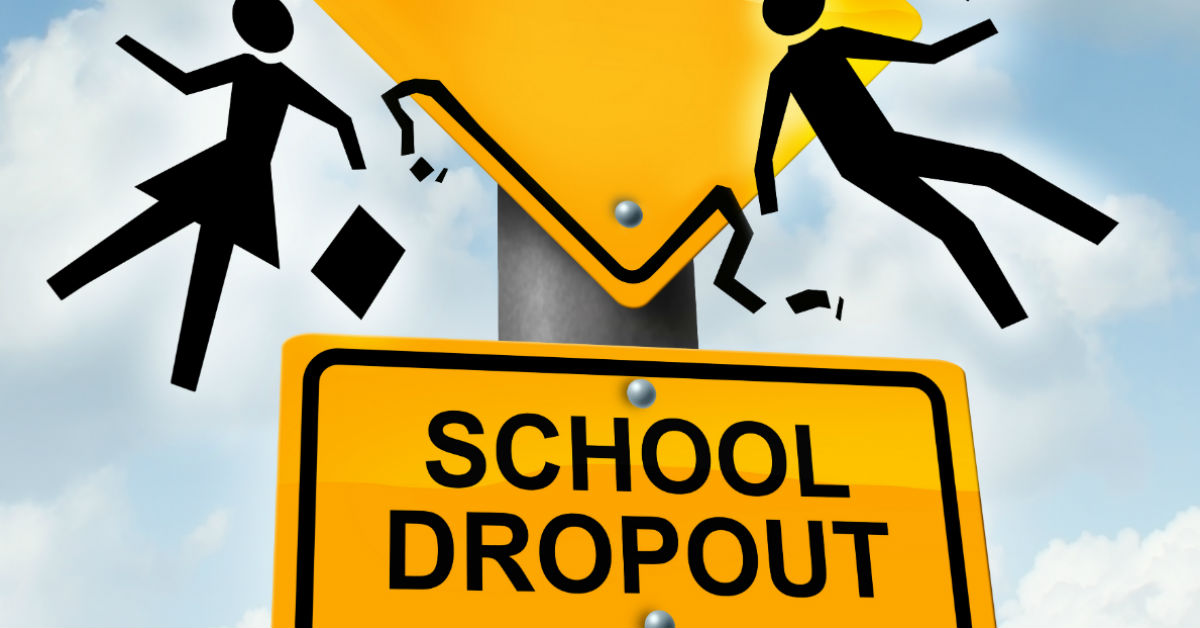Plenty of teens struggle in a traditional high school setting. It can be due to a number of thing: emotional, physical, and mental disabilities. The struggle isn’t always visible at first but can quickly present its self as acts of defiance or participating in risky behavior. Sometimes, these are your children, wounded by circumstances or affected by drug abuse, divorce and other factors. The pain, confusion, or frustration they are feeling can become so great that they themselves become unmanageable. As the parent, you feel your teens stress in a different way but it’s also incredibly challenging. These kids need a fresh start in new environment. Have you considered therapeutic boarding schools?
Therapeutic Boarding Schools Defined
At these schools, troubled teens attend structured programs to identify the root causes of their problems. Through various approaches combining academics and psychotherapy, these teenagers learn both the cause and effect of their actions and behaviors. Armed with this knowledge, they begin healing as the root cause of their pain and acting out is eliminated.
Most parents believe that residential schools are financially out of range; however, both local school districts and some insurance plans can help offset the costs. This type of program offers a great option to restore hope and a future for these youth.
YouthBuild – An Example of a Program that’s Working
YouthBuild, a national program, provides another creative solution for helping these adolescents. This 9-month program focuses on select students between the ages of 16 to 24 who desire to obtain either a high school diploma or G.E.D. Participants engage in the 30 hour per week program that also offers job training, potentially launching them into careers that will serve them and their communities well. Adolescents can find a fresh, new beginning at this welcoming program.
Historically, inpatient juvenile treatment centers were believed to be a good option for rebuilding the lives of troubled teens. Recently, however, reports have surfaced indicating that teens in these facilities suffer abuse and a host of other problems. In addition, costs are tremendous. Taxpayers in the state of Arizona, for example, have spent $78 million over the past three years funding treatment for juveniles at nine residential treatment centers. The glaring inefficiency means that the centers can only treat a combined total of 466 juveniles at all of the facilities across the state. In addition, no metrics are in place to measure the success of these programs.
Wraparound Services – Milwaukee County’s Approach
Another approach known as wraparound services is gaining ground across the country. Costs are lower, and juveniles treated at home in their own community appear to have better results. Milwaukee County, WI, provides proof of the effectiveness of the approach, where funding has been level for residential treatment centers for the past 15 years. They reduced the number of youth in treatment centers to 80 from 375 between 1997 and 2010. In addition, psychiatric hospitalization days decreased to 500 from 5,000.
Plagued by budget overruns in the 1990s, Milwaukee County pursued this promising alternative while establishing one system of care to address all juvenile mental health challenges. Wraparound services have had an 80 to 90 percent success rate.









0 Comments